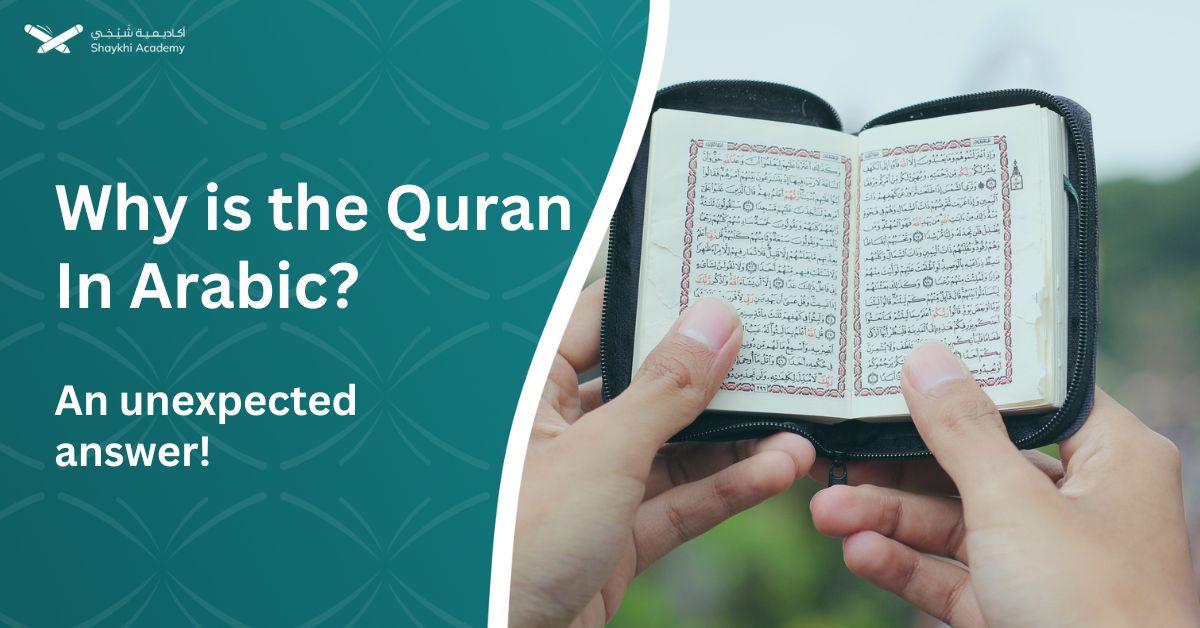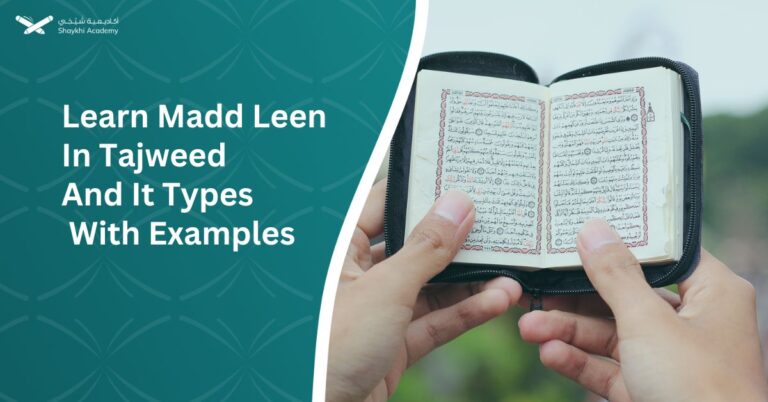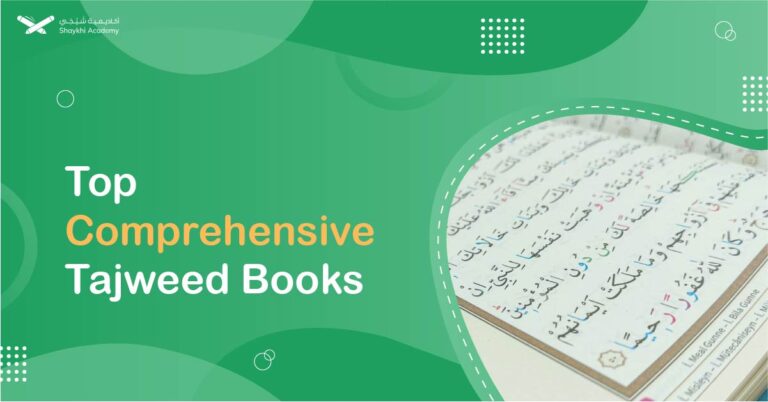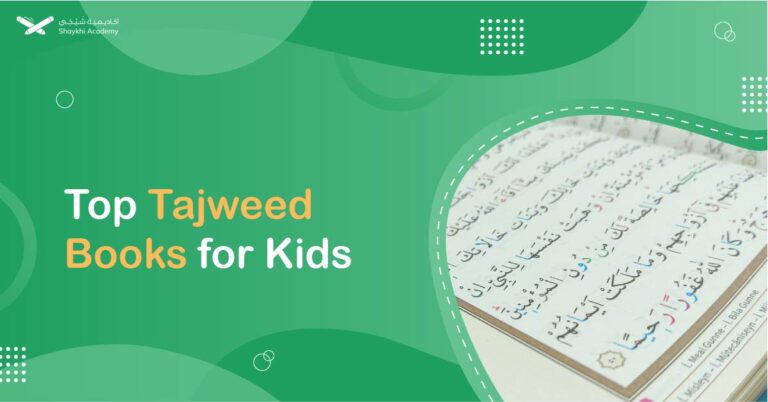Why is the Quran In Arabic? The Quran is in Arabic because it was revealed to Prophet Muhammad, who was an Arab, and it needed to be understood by him and his audience in the Arabian Peninsula. While translations help convey its meaning, certain aspects unique to Arabic may not be accurately conveyed. Understanding the Quran in Arabic allows for a deeper appreciation of its nuances and insights.
Is there a reason Muslims read the Quran in Arabic? Why is the Quran in arabic? Are translations of the Quran available in many languages? If yes, what distinguishes the translated version from the Arabic original?
Only Arabic is available for the Quran. This is not to suggest that it cannot be translated; rather, the translation does not represent the original text exactly. All languages, however, convey the same message—that God is one and that what the conscious mind already knows is true.
Why is the Quran in Arabic?
The Quran is in Arabic because the Prophet Muhammad (peace be upon him) was an Arab, and the message needed to be communicated in a language understood by him and his audience in the Arabian Peninsula. While direct comprehension of Arabic may not be necessary for understanding the Quran’s message, accurate interpretation relies on divine guidance.
Since the Messenger of Allah (peace be upon him) was an Arab, it is only fitting that the message be conveyed in his language. This is the first, and maybe most obvious, argument, which is already mentioned in the Qur’an.
The audience, whose purpose it was to hear the message, is a further crucial consideration. The message needed to be delivered in a language that Makkah residents and those in the surrounding districts could understand.
There are two crucial phases in deciphering a message:
- To fully and accurately understand the message—or, in this case, the words contained inside it.
- To “decode” it, that is, to understand the meaning conveyed.
A correct interpretation of the message can only be achieved by combining the two components, namely receiving and decoding.
As many Arabic-speaking individuals do not comprehend the meaning of the Qur’an, it is incorrect to think that comprehending the Qur’an and deriving guidance from it requires a direct comprehension of the Arabic language.
Instead, the Qur’an informs us that Allah alone can provide accurate advice.
Is the Quran written in Arabic?
Yes, the Quran is written in arabic. Prophet Muhammad received the original Arabic text of the Quran as a revelation in the seventh century.
Arabic is now the main language of this holy book. Believers receive heavenly messages via Arabic, a language with a rich history and many grammatical subtleties.
Arabic, praised for its lyrical quality and complex grammatical structure, is considered one of the world’s most beautiful and expressive languages.
Quranic passages can be interpreted in a variety of ways thanks to their exact wording. Believing in Arabic also makes it easier for believers to perceive the nuances in the text that could be lost in translation.
The Quran’s beginnings
The Quran’s history begins in Arabia in the seventh century when it was composed over twenty-three years. Under the direction of the Prophet Muhammad, the revelations he received were finally recorded in writing. The Holy Quran that we know today was created from these scriptures.
Although translations are crucial in enabling non-Arabic speakers to read religious literature, they are not able to properly convey the entire meaning found in the Arabic original. Language variations in syntax, grammar, cultural background, and even spiritual meanings provide several difficulties.
Gaining a greater understanding of Islamic principles and spirituality may be achieved via reading and comprehending the Quran in its original language.
It enables people to appreciate the grammatical nuances particular to Arabic literature while delving into significant insights offered by experts throughout the ages.
Why do most Muslims believe the Quran must be read in Arabic?
The Quran’s Revelation:
The Quran was revealed in Arabic, making the Arabic version the only one recognized by Shariah law. Translations are not considered the Quran itself but interpretations of its meaning.
Unique Content:
While translations convey the main meaning of the Quran, certain aspects unique to the Arabic language may not be accurately conveyed. All teachings and directives in the Quran originate from the Arabic text.
Interpretation Variations:
Different languages may lead to varied interpretations of the Quran’s content. Translations represent human efforts to convey divine revelation, but they may not capture the full depth and nuances present in the Arabic original.
Shaykhi Academy provides this explanation to address the question of why the Quran is in Arabic. For further inquiries or related questions, feel free to reach out, and they will provide immediate assistance.
Unlock the Path to Quranic Mastery with Shaykhi Academy!
Are you seeking the finest Quranic education right from the comfort of your home? Look no further! Shaykhi Academy stands out as a premier online Quran learning platform, dedicated to providing exemplary education to both children and adults.
Why Choose Shaykhi Academy?
- Connect with highly qualified native tutors.
- Flexible scheduling to suit your busy lifestyle.
- Affordable classes tailored for all levels.
- Accessible from anywhere around the globe.
Discover Our Range of Courses:
- Arabic Noorani Qaida: Lay a solid foundation for Quranic studies.
- Online Quran Classes for Kids: Engaging lessons for lifelong learning.
- Tajweed Rules for Kids: Learn to recite with confidence.
- Quran Hifz for Kids: Step-by-step guidance to memorize the Quran.
- Quran for Adults: Introduce yourself to Quran reading and Tajweed rules.
- Online Arabic Courses: Master the language of the Quran.
- Islamic Studies: A wide range of topics related to Islam, including theology, law, Quranic studies, Hadith.
Don’t Miss Out on Your Chance to Excel!
Whether you’re a beginner or seeking advanced knowledge, Shaykhi Academy can guide you! Book your free trial now and make Ramadan 2024 your Quranic turning point!
Conclusion
The Quran’s Arabic origin is essential for understanding its message authentically. While translations serve a valuable purpose, they cannot fully capture the richness and subtleties of the Arabic text.
Through reading and comprehending the Quran in its original language, Muslims gain a deeper connection to their faith and a more profound understanding of Islamic principles.




















